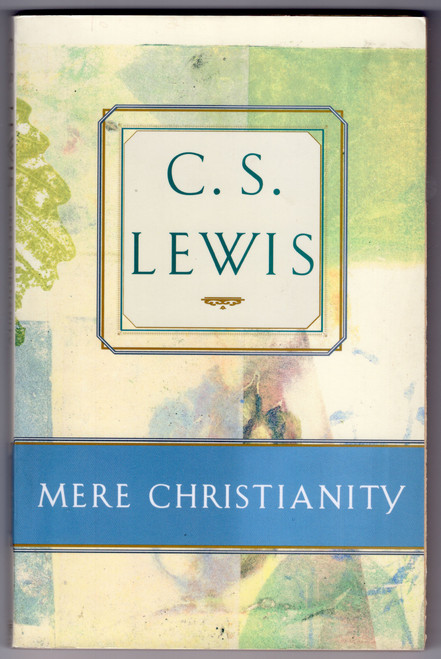In he year A.D. 242, the young Roman Emperor Gordian III, preparing to march east to defend the imperial boundaries, paid pubic homage to the gods by ordering a new athletic festival in honor of Athena. It was a logical step--worship of Athena and the other pagan gods had been going on uninterruptedly for at least a thousand years. Yet, no more than a lifetime later, when another Roman emperor set out on a similar expedition to the eastern frontier, he scorned Athena's protection. Constantine and his troops marched under the Sign of the Cross. With stunning suddenness, Christianity had emerged at the center of the Mediterranean world.
Just how and why this epochal shift occurred, what it really meant to those who experienced it, the true nature and condition of paganism at the time of its defeat, and the character of early Christianity--these are the subjects exposed by Robin Lane Fox in Pagans and Christians. The result is a panoramic, marvelously detailed picture of religion and the religious life--indeed, of secular daily life--at one of history's greatest and most mysterious watersheds.
Calling upon immense resources of scholarship, Lane Fox re-creates for us the world of pagan religious activity: the old cults and their exotic permutations, from gods who appear in the form of giant snakes to oracles speaking out on behalf of Apollo; from huge civic festivals in the glare of the Anatolian sun to small ceremonies in the depths of sacred caves; from the spells of sorcerers to imperial invocations. It is a spiritual world alive with wonders: freshly unearthed dinosaur bones are assumed to be the bones of Homeric heroes; the arts of "dream-seeking" are employed by those who want to get closer to their gods. And the author shows that paganism remains--contrary to widely accepted opinion--extremely vigorous, right up to its end. Christianity does not triumph unopposed.
Yet Christianity does, indeed, triumph. We see its following grow inexorably from a harried minority of urban heretics into entire communities with churches scattered across the breadth of the Roman Empire, from Spain in the West to Judea in the East, from Upper Egypt to the edge of the dark German forests. In fascinating detail, Lane Fox shows these Christians choosing their bishops and obeying their laws, reaching for perfection in martyred and sexual abstinence, sacrifice and holy suffering, shaping their lives on patterns quite unfamiliar to the heirs of Aristotle and Catullus. New ideas of sin and sainthood, of damnation and salvation, come to the fore, as do new concepts of correct behavior in maters ranging from mixed bathing to the remarriage of widows. Meanwhile, through this infinitely complex scene there run still other crosscurrents of belief: Manichaeanism, odd heresies, outcroppings of paganism.
No other living scholar is more qualified than Robin Lane Fox to recapture for us this swirling world, or to penetrate its mysteries. Through a splendid piece of original textual research, for example, he is able to establish Emperor Constantine's own authorship of a sermon preached at Antioch on Good Friday, 325--and thus illuminate, more clearly than ever before, the beliefs and outlook of this man whose conversion spelled the death of the old gods. But it is Lane Fox's skill as a writer, above all, that will make Pagans and Christians fascinating to anyone interested in history and the origins of modern Christianity. "I do not know which I admire most," said Cyril Connolly in writing about Lane Fox's biography Alexander the Great, "his vast erudition, his exact scholarship, or his imaginative grasp of so remote and complicated a period." Pagans and Christians deserves the same praise.
Reviews
"A work of generous humanity and recondite erudition...of consuming interest to all of us who want to know and understand the consequences of the conversion of the ancient world." --Henry Chadwick, The Financial Times (London)
"Wonderful...a splendidly human view of the late Empire, a period usually scorned as decadent, pessimistic and sterile...Intelligent and witty...Any history buff will revel in this book." --Cecelia Holland
About the Author
Robin Lane Fox is a fellow of New College, Oxford, and a University Lecturer in Ancient History. He is the author of the widely praised biography Alexander the Great, winner of the James Tait Black Memorial Prize and other literary awards.







